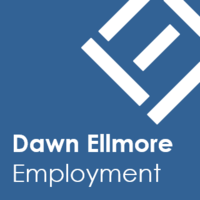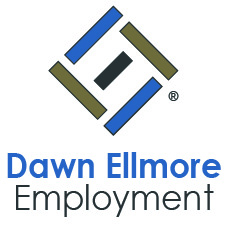Dawn Ellmore Employment’s blog this week introduces some Intellectual Property (IP) facts, figures and topics. We’ve aimed it at newcomers to the sector, or those thinking about a career in this sector.
-
Two categories of IP
There are two main types of IP. The first concerns IP rights that must be registered. This include trade marks, patents, domain names and registered designs. The second covers IP rights that don’t have to be registered. These include unregistered design rights, common law trade marks, copyright and confidential information.
These two types of IP are directed at protecting different things. However, it’s common to see some terms used incorrectly.
-
What is a patent?
Patents are the legal right owners have to stop other people using their invention. They are often associated with technical inventions and innovations but anything that’s been developed to solve a problem and is new could be patentable. A patent must be officially granted in order to make it enforceable.
-
What is a registered trade mark?
Trade marks primarily concern branding. Anyone who has been involved with setting up a new business with a new company name, or selling a service under a brand name, has been involved with trade marks.
They can be signs (such as logos and words) that differentiate goods and services of one company from another company in the market. A domain name is the unique identifier that specifies something on the internet. These can include a trade mark.
-
What is a registered design?
Designs protect the visual appearance and shape of a product. They can be obtained for a 3D product (for example, the iPad®) or a 2D design, such as a pattern that would be applied to product. Products can include typefaces and computer logos as well as traditional 3D shapes.
-
Don’t disclose your patent
If someone publicly discloses their invention (for example, on a blog or website) before they have filed a patent application, then this could be classed as ‘prior art’. The Patent Office could then cite your own disclosure as evidence that the invention isn’t new, when the patent application is examined. It’s the worst-case scenario, but a patent applicant’s own disclosures have precluded them being granted a patent in the past.
There may be times when you must disclose information to someone outside of your company. This would usually be to a developer or investor, for example. In these cases, a confidentiality agreement must be drawn up and adhered to.
- Where do IP rights apply?
IP rights are territorial only. That means that all trade marks, registered designs and patents must be registered separately in each country or region that a company trades within. This means that businesses must consider carefully with IP experts where they need protection.
- Due diligence is important
When looking at branding for a new company, it’s important to realise that just because a company name or domain name is available, that doesn’t mean it’s clear to use. The first step should always be to clear a trade mark for use by performing a clearance search – or asking a trade mark attorney to do this for you – and registering the trade mark if the path is clear for you to do so.
- Patenting software
Always check with a patent attorney when considering software patents. While there is a popular misconception that software invention can’t be patented, this isn’t the case in all circumstances. There are additional points to consider when patenting software as opposed to hardware. It’s not always obvious to determine whether a software invention can be patented, which is why it’s important to check in with a patent attorney.
Working in the IP sector
It’s a complicated sector, but the area of intellectual property is also fascinating. The UK’s Intellectual Property Office website has plenty of information with more details. For patent / trade mark attorneys looking for a new position, the Dawn Ellmore Employment website has plenty of interesting positions available.
Whether you’re interested in working for a private practice firm or in-house, as support staff or as an attorney, Dawn Ellmore Employment recruits across the entire sector.
About Dawn Ellmore Employment
Dawn Ellmore Employment was incorporated in 1995 and is a market leader in intellectual property and legal recruitment.
For more great insight and analysis, head over to our blog page now.



